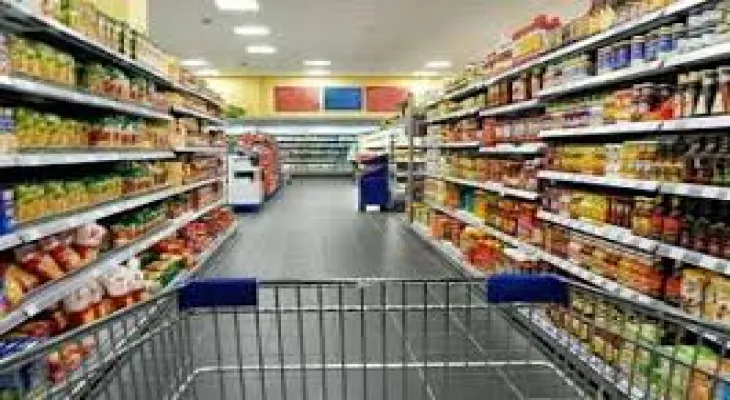Search here
Newspaper
Search here

Arab Canada News
News

Published: September 23, 2022
New data revealed on Friday, amid high inflation, that consumers tightened their wallets more often in July, as retail sales declined for the first time since 2021
Statistics Canada reported on Friday that Canadian retailers reached $61.3 billion in sales in July. This represents a 2.5 percent decrease from the previous month's level as lower sales in gas stations and clothing stores led to the decline
Sales at gas stations fell by 14 percent. A large part of that was the drop in fuel prices themselves, but even in terms of volume, sales declined by seven percent. Fewer people filled up during the month, which aligns with the overall automotive sector where car sales dropped by 0.5 percent. Both new and used car dealers reported declines
Retail sales fell in 9 out of 11 categories
Gas stations −14.2%
Furniture and home furnishings −3.4%
Clothing and accessories −3.3%
Electronics and appliances −2.8%
Food and beverages −0.8%
Building materials and garden supplies −0.6%
Car and parts dealers −0.5%
Health and personal care −0.3%
General merchandise −0.2%
Sporting goods, hobbies, books, and music 0.4%
Consumer staples such as food and drink also did not fly off the shelves, as supermarkets and grocery stores saw sales declines of 0.9 percent, while liquor stores experienced a 1.2 percent drop
Weak retail sales numbers indicate that consumers have begun to tighten their belts in the face of extreme high prices and bleak economic outlook
Ksenia Poshmineva, an economist at TD Bank, said about the figures: "The retail sales report was unequivocally weak, indicating that consumers tightened their belts in July." "Consumer demand appears to have broadly slowed across most spending categories
She said: "Overall, considering the triple headwinds arising from rising consumer prices, rapid interest rate hikes, and declining wealth, consumers have become more frugal"
Editor: Yusra Bamtaraf
Comments